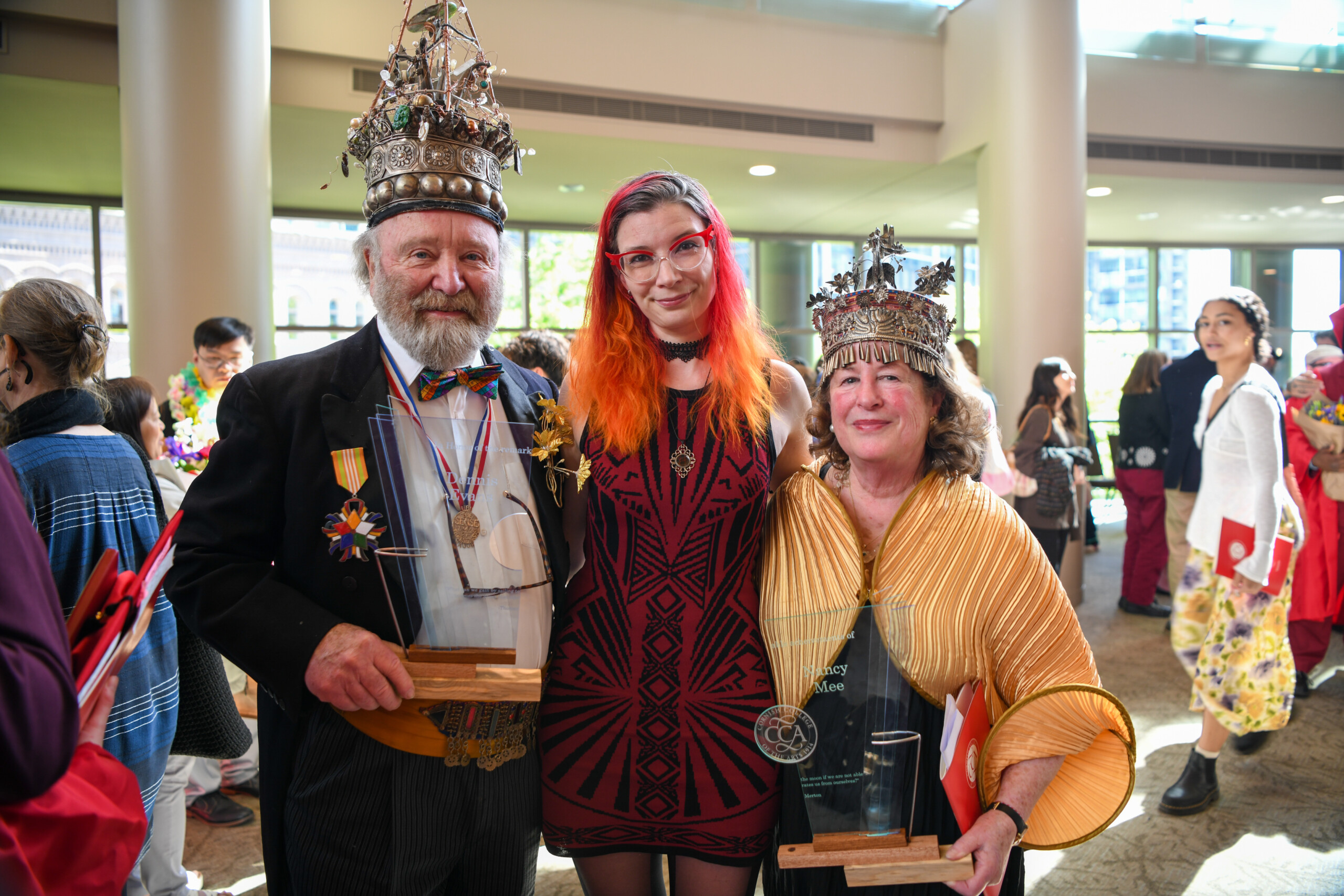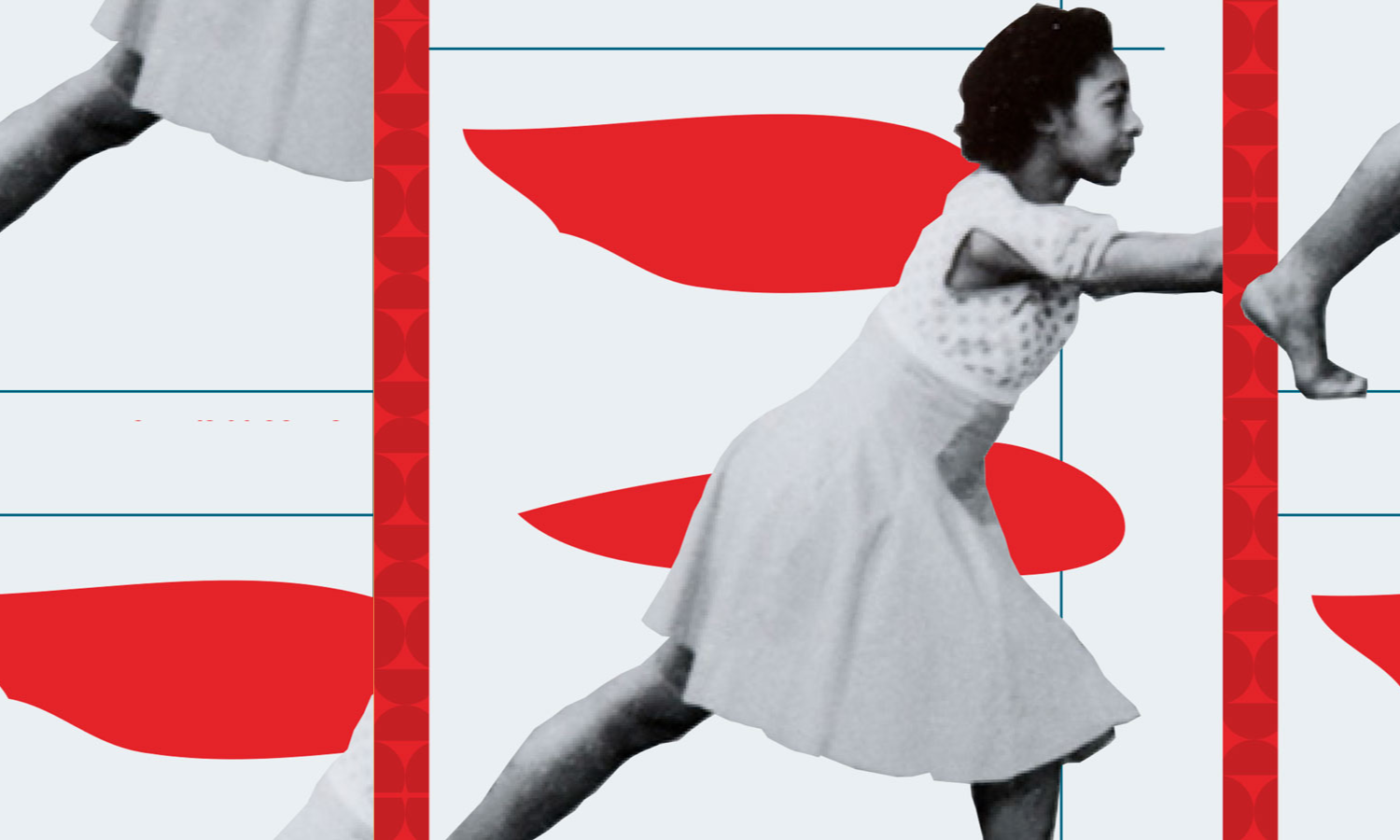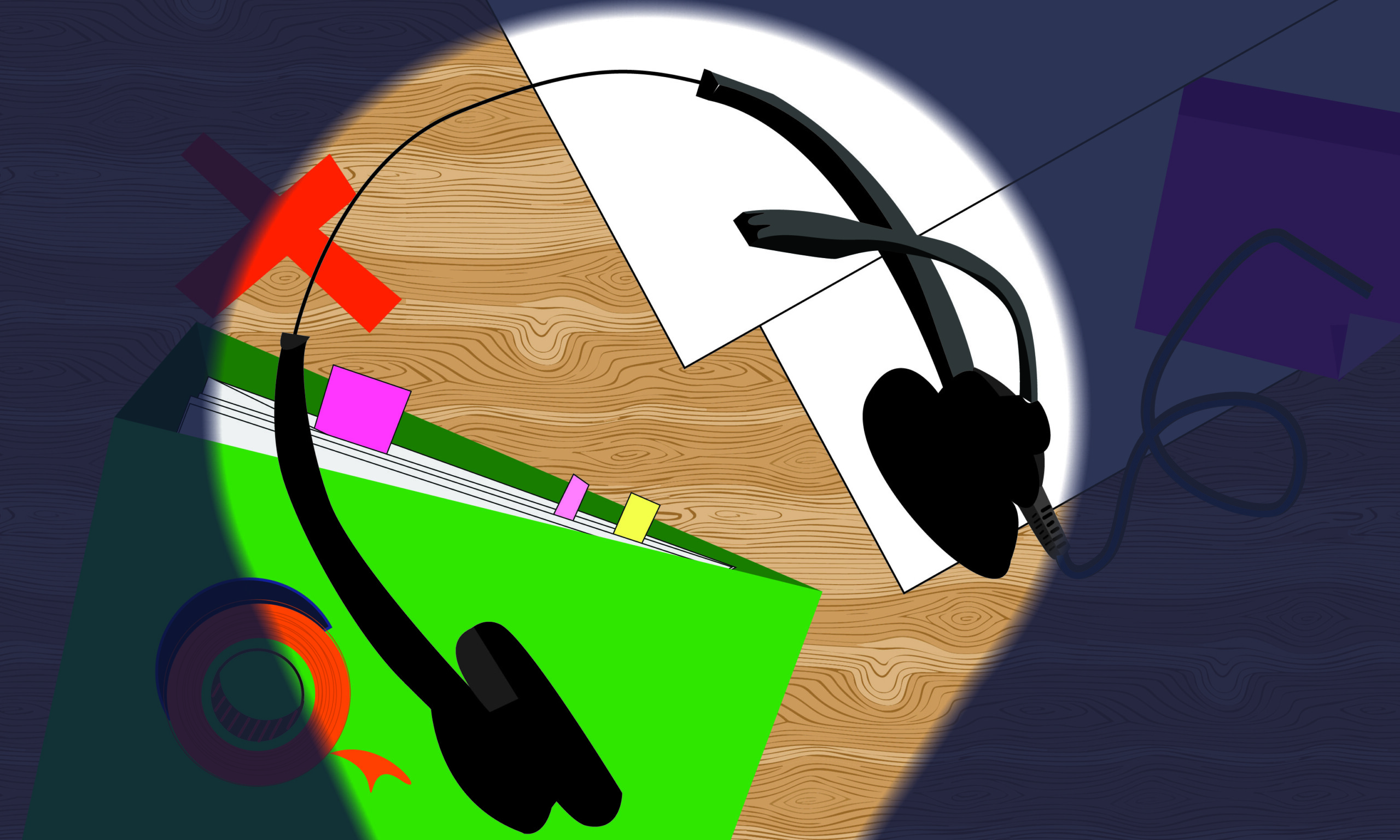The Theory of Relativity, and the Ups and Downs of Hybrid Theater
Musical Theater major and student content creator, Winter Mallon, writes about making theater during the pandemic and walking the necessary path set in front of her, her classmates, and all performers: hybrid theater.
Ups and Downs of Hybrid Theater
by Winter Mallon (Musical Theater)
Last fall, I was in a production of The Theory of Relativity that was anything but typical. The craziest thing to have ever disturbed a performance I was in had previously happened during my junior year of high school when an unprecedented amount of snow in my hometown shut down my high school for two weeks at the exact same time our performances of Seussical were supposed to take place-causing us to have to move our performances to a considerably later date. But a little snow delay was nothing compared to my second year of college when our production of Dick Whittington and His Cat was canceled weeks before it was supposed to open due to COVID-19. Despite almost being performance-ready, our show never made it on stage. Having worked so hard, everyone in the production was thoroughly disappointed.
Rich Gray, the director of Dick Whittington and His Cat, came up with something fun to give us some closure for our unperformed show. He asked us to record our vocal parts for each song, something that proved a bit difficult a month after we stopped rehearsing the show. He then took these recordings and edited them together to create our own cast recording of the show. I’ve now been in a couple Rich Gray shows and I know first hand the incredible creativity and drive he has, even in “these uncertain times,” and his interesting resolution to our uncompleted show was only a precursor to all the cool things he can create.
Over the summer, I was questioning returning to Cornish for the 2020/2021 academic year since I thought my education would be compromised and that I wouldn’t get the opportunity to perform in a show, but I was pleasantly wrong on both accounts. Last semester, I realized just how effective hybrid learning is for me and I also learned that the directors at Cornish would find a way to have shows, no matter what. Kate Myre directed an incredible radio play production of You On the Moors Now, Mikey Place directed a fascinating hybrid Zoom/in person production of Stupid F***ing Bird, and Rich Gray and Claire Marx directed a fantastic Zoom style production of The Theory of Relativity.
I had such an incredible time working on The Theory of Relativity despite my initial reservations about doing an online musical. The process was significantly different than a “regular,” in-person production, and ended up taking a bit more time than I thought I needed to block out. We’d typically meet on Zoom four days a week from around 7 to 10 pm, with a bit more variation on Fridays. During these rehearsals, in the beginning months of the production, we’d learn the music with Claire and be called into smaller Zoom rooms to meet with Rich about our non-ensemble parts, costumes, and anything else we needed to discuss.

Learning ensemble music over Zoom was pretty difficult for me. Claire would play our part for us to listen to and record for later, then we’d try our best to sing our part without hearing the rest of the section. Singing a complicated alto harmony without the rest of your section for an entire production is very weird, but it was impossible to have our mics on due to the classic Zoom lag. Occasionally, on a section of music Claire deemed particularly difficult, she would ask us to sing one at a time with our mics on so she could hear where we were struggling and what we had a grasp on. After going over a song a few times, we would be asked to record our vocal parts and submit them to Rich so that he could edit them together.
The last time I had to record my vocal part was for our Dick Whittington and His Cat cast recording, which I was at home for. This time, I was in my dorm in Seattle with no regular access to practice rooms, since the ones in the dorm building were closed due to COVID19 regulations. Funny enough, the most difficult part of this production for me was just finding a quiet place to record. My dorm wasn’t a good place since it was, at the time, extremely hot and we needed to continuously blast our three fans or else we’d die, and I didn’t want to bother my roommate too much by constantly needing an absolutely silent room, so I had to find somewhere else I could record. Using Course Dog, an absolutely insufferable room renting site, I rented the classroom on the second floor of the dorm building usually sometime after 10 pm. The room was echoey and the air filter shoved into the corner created enough background noise to be picked up on my phone’s microphone, so I had to figure out how to make this new space work.
The space I rented was primarily used for acting, so there were these foam mats folded up in the corner I had used a couple of times for scene work. I took two mats and made something akin to a cave shoved into a far corner of the room. It was dark, cramped, and very odd, but it would prove to work as my recording space for the next month. The space was particularly fun because it made me practically invisible to Cornish’s cleaning staff-so, more than a few times, I’d be in my cave about to record, and a janitorial worker would come halfway into the room and I’d have to awkwardly shove my way out of my cave (since the only real way in or out of it was crawling under the nearby table and I was not going to crawl out of a weird foam structure and embarrass myself that heavily in front of another human being) and apologize as I scared them with my floating head. Besides those awkward encounters and the crick in my neck from ducking under the cave’s makeshift roof, it was a fun and extremely dark recording space-and it gave me clear enough recordings.
Zoomography: Not the Typical Dancing in a Musical
Eventually, we finished with the music part of our musical, but at this point we only had a cast recording, and Rich had greater ambitions. Rehearsals transitioned from being led by our music director, Claire Marx, to being led by our director, Rich Gray. Rich started teaching us “Zoomography” for each song. We would practice this choreography on zoom a few times and then he’d ask us to record ourselves in different places. For one number we did a classic fridge pov shot, for another I sat at my desk, and for another my roommate filmed me outside. The choreography wasn’t usually the typical dancing you’d expect from a musical and was instead simple, well-timed movements and head turns from a seated position. It wasn’t too difficult to record these pieces, since Rich gave pretty clear instructions on what he wanted for each video and sound wasn’t an issue since he’d silence whatever sound was on these recordings anyway. I’d say the most time consuming part of this process was cleaning up my background and getting into full costume every other day to record, but at least this show actually helped keep my room clean.
The most complicated thing I was a part of for this show was everything surrounding a duet song I shared with the talented Emma Standerford, a fellow third year musical theater major. We performed a song called “End of the Line,” one of the only numbers Rich chose to shoot partially in person. For this number, I recorded my vocals in my cave, recorded some of the video in my room, and recorded the rest of the video in Raisbeck with Rich, Larcyn Burnett (one of the stage managers), Logan Thomas (the lighting director), and Robin Logerstedt (the technical director who filmed this number).
For most of the show, my costume was an outfit I owned-but, for the segment filmed in Raisbeck, Rich wanted to create a dream world separate from reality, so Emma and I wore costumes borrowed from the costume shop. My costume was a bolo hat, a white button down with an unbuttoned vest over it framing suspenders, a necktie, white gloves, pants that billowed out and tucked into combat boots, and a black mask. The vaudeville-esque outfit coupled well with the absurdity of our number and the dancing we did.
To stay as safe as possible, Emma and I were filmed at separate times and the video was later edited to make it look like we were dancing right next to each other. I was really impressed with the way this scene came out-my mom and sister, who I watched the performance with, didn’t even realize the two clips had been filmed apart and edited together. Another scene later in the show utilized the same effect to make it look like two actors were standing together almost touching, when they had in fact been nowhere near each other.
After finishing all of my own recordings, I was basically done with the show-which was super weird. We’d have the occasional Zoom meeting, in which Rich would show us the numbers he had edited together, but those were few and eventually, we finished those types of meetings, as well. Soon enough, I went home for break and on December 3rd, I watched the entire production of The Theory of Relativity for the first time.
The performance was nothing like I thought it would be-I had never expected to make a musical while following CDC guidelines during a global pandemic, believe it or not. But I’m so glad I got to be a part of such an amazing show. The process was stressful, and at times it seemed like everything I was putting into the production wouldn’t pan out in the end, but all of that flew out the window when I got to watch the performance. Rich had edited everything together in a way that embraced the fact that it was a Zoom performance, and it looked incredible. It turned out astonishingly well due to the hard work of our directors, the crew, and the cast.
After having watched the musical, I also watched Stupid F***ing Birds and listened to You On the Moors Now and was absolutely blown away by both performances. No one knew what would come out of this last semester, but I certainly didn’t expect three fantastic shows. I look forward to next semester’s production of The Drowsy Chaperone and Much Ado About Nothing, as well as all the other productions set for next semester, and you should too. With such hardworking and talented directors, crew members, and actors, we’re certainly in for another stunning set of performances.




